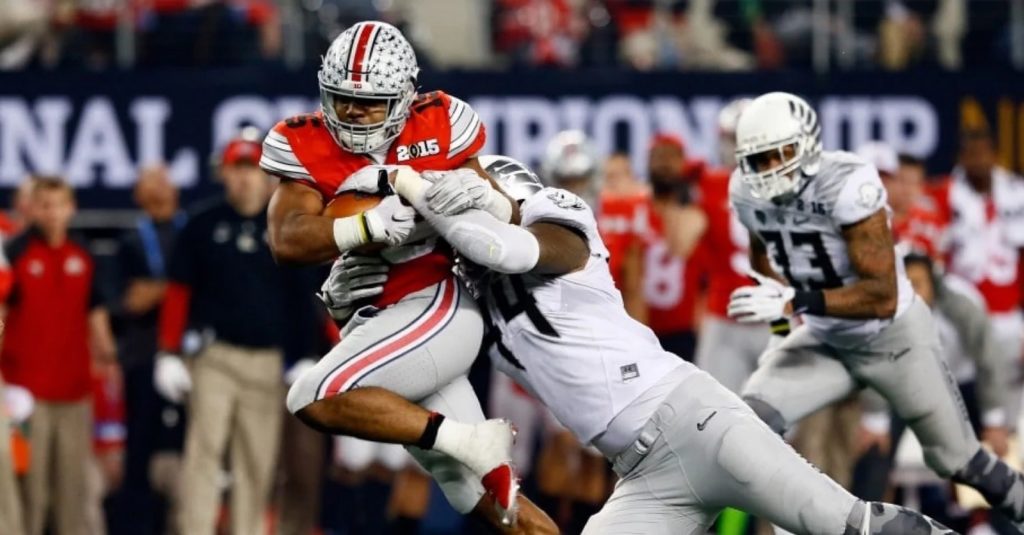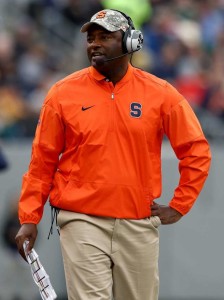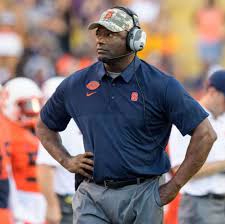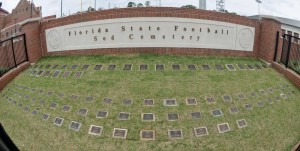How Coaches are Showing Support for BLM 2
2020 has been a year combining all the things we never expected to mix together. It is doubtful anyone had a global pandemic and intense social justice movement on their betting square. Nonetheless, coaches and players alike have become vocal in support of the Black Lives Matter Movement.
Coaches across the NCAA have begun showing their support for their players on a variety of platforms. Head coaches from universities across the country like Auburn, Kentucky, South Carolina, and Colorado Mesa attended protests with their players, relaxing Covid-19 restrictions to allow the teams to participate.
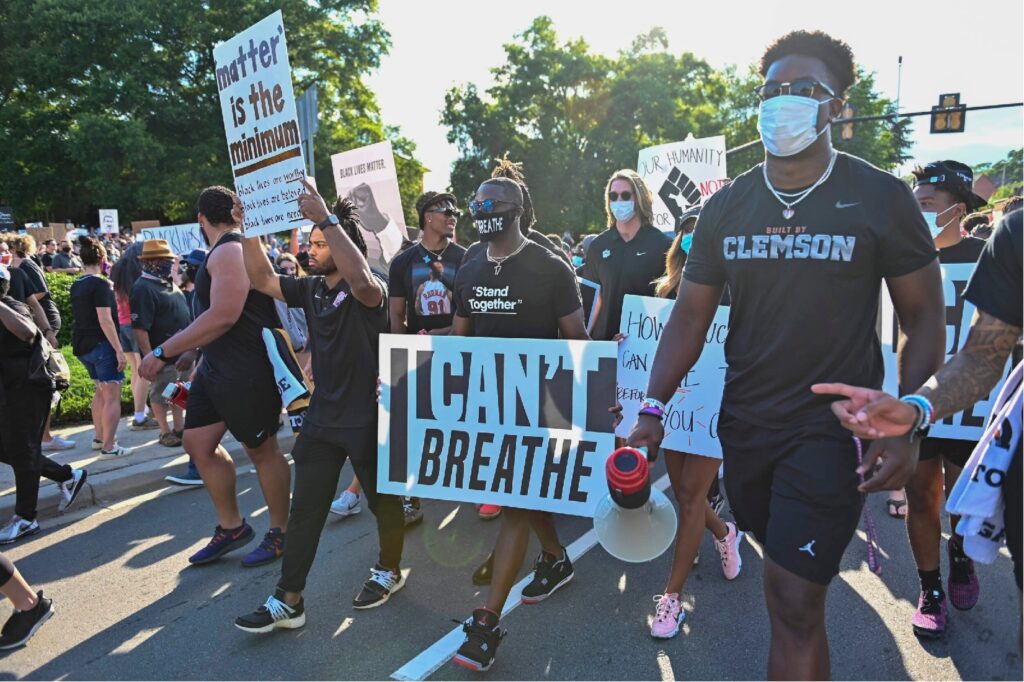
Other coaches are using social media platforms to show and share their support for the movement and their players. Some are making statements, participating in Blackout Tuesday, and using the hashtag #BLM. Others are delivering speeches and using their station and status to remind donors and fans alike that all lives cannot matter until Black Lives Matter too.
Building Leaders on and Off the Field
Support of coaching staff has empowered students to actively participate and even take on leadership roles in peaceful protests across the country.
- Athletes at the University of Texas have petitioned the school to rename specific campus buildings and choose a new school song to remove ties to racism.
- Clemson football players led a peaceful protest at Bowman Field, while other players joined in petitioning the university to rename buildings to remove racist ties.
- Players at Florida State called out their coach via social media, exposing the lack of truth in his media statement on having individual conversations with players. The concentrated effort paid off and the coach apologized in a team meeting as well as making a second, more truthful media release.
- Missouri football players led a peaceful protest, marching from campus to the courthouse to register to vote. The team was celebrated in the community for their efforts and leadership. But only five years ago players petitioning to dismiss the university president over his casual stance on racial injustice on campus received death threats.
